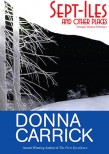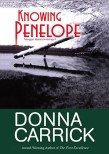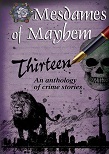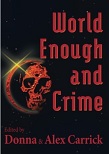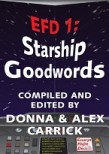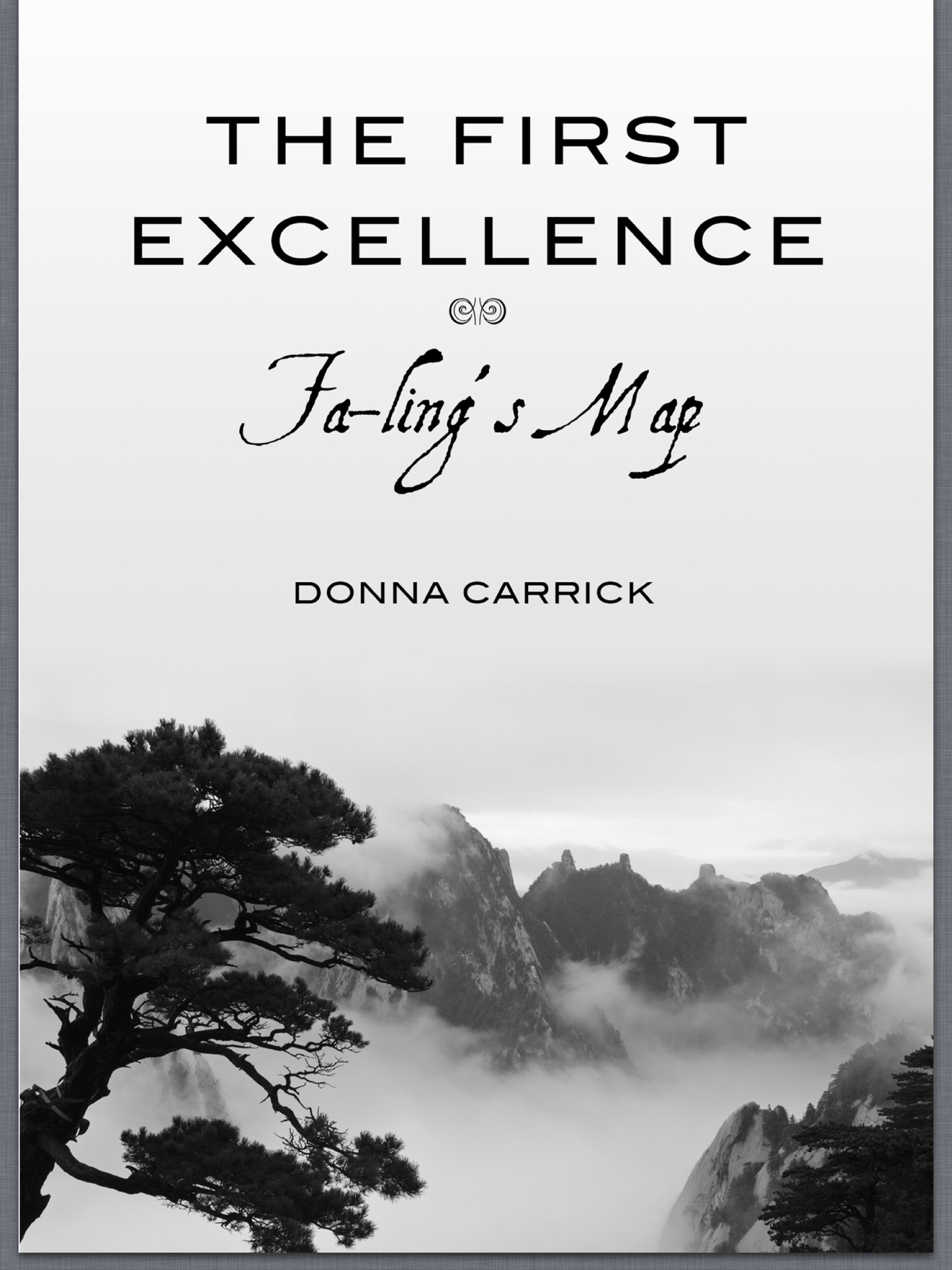 Is there a prevalent theme running throughout your work?
Is there a prevalent theme running throughout your work?
I try to explore at least one new major concept in each novel.
The themes tend to be humanistic on a global scale, especially in my two International thrillers, The First Excellence and Gold And Fishes. However, in The Noon God, I would describe it as being “drilled down” to a more personal human level.
The First Excellence features a Chinese-Canadian adoptee, Li Fa-ling, who was abandoned as a child. The primary theme is one of love; we feel her struggle as she learns how to live with an open heart, despite the almost-crippling obstacles of abuse and subsequent mistrust.
In writing this book, I became convinced the art of “giving and receiving love” truly is the highest of all excellences to which we can aspire.
In Gold And Fishes I wanted to look at the need many people have to connect with the world in a meaningful way. When we lack that sense of connection, we may suffer from feelings of chaos and despair. Conversely, when we feel connected, terrible tragedies can be overcome.
The Noon God took me down a darker road. In it I hoped to dissect some of the sad realities of our immediate society: suicide, addiction and the pressure to measure up to grandiose expectations.
How do your personal experiences relate to the social issues that are addressed in your books?
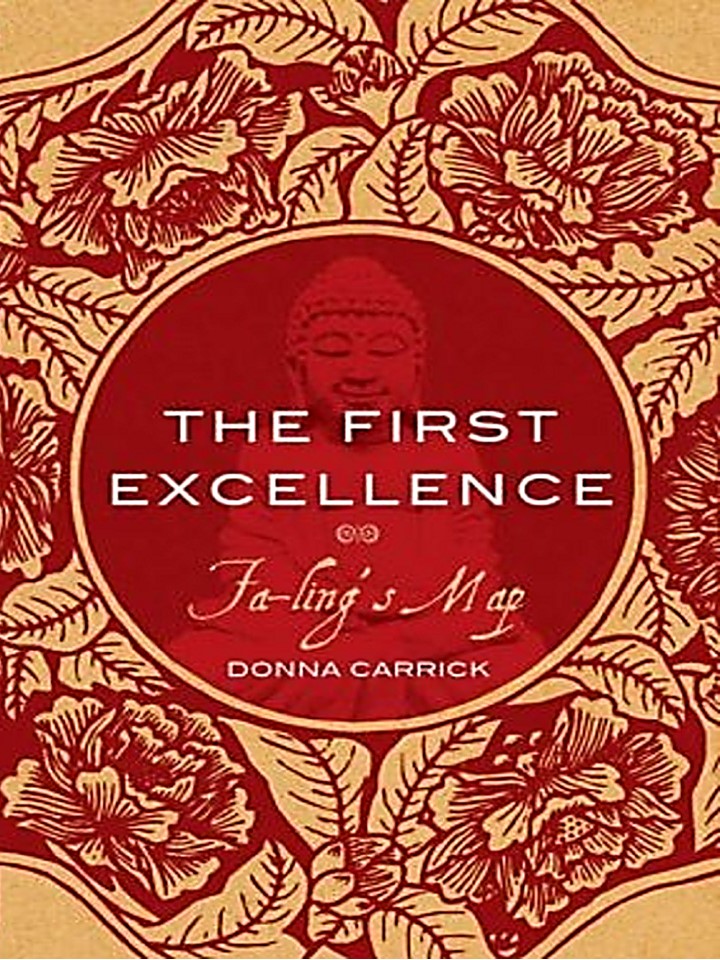 In The First Excellence, I explore the impact of China’s much debated “one-child-policy”, especially as it works in tandem on a society with a long-standing Asian preference for male babies.
In The First Excellence, I explore the impact of China’s much debated “one-child-policy”, especially as it works in tandem on a society with a long-standing Asian preference for male babies.
From a global outlook, the darkest aspects of an emerging, yet still totalitarian nation are revealed. On a deeper, more personal level, we see the scars born by an individual who carries memories of abandonment, sexual abuse, starvation and the subsequent need for approval.
My own memories of childhood trauma allowed me to connect to the pain Fa-ling endured.
In The Noon God and Gold And Fishes I look at the impact on individuals of growing up with alcoholism, suicide, the drive for success and family violence.
It’s fair to say my life experiences have formed my understanding of these issues. I grew up in a home that was impacted by alcoholism and violence. In that situation, many children learn to repress their natural energies to avoid being noticed, and self-expression travels inward.
As they grow into adulthood, some people are not able to unlearn that kind of self-denigrating behaviour. My older sister, who was also my best friend for seventeen years, committed suicide at the age of nineteen. The questions surrounding an event like that never go away, and of course my work will reflect my own struggle to understand and accept.
How do you come up with your story ideas?
Ideas are everywhere. The problem lies not in coming up with story ideas, but in sifting through them and envisioning which ones are strong enough to carry a novel.
Many of your ‘sympathetic’ characters are flawed. Is that a conscious decision on your part?
You could say it’s a choice, but I think it’s also a natural development for the characters. Their flaws are an expression of my own view of the world.
I have never met a person who was perfect. I don’t believe I would be comfortable with such a person. In order to truly value people, we have to first accept their short-comings, and remember we have short-comings of our own.
How important is ‘location’ to your work?
Geography is extremely important to me, to the extent that I have made an effort to learn the languages of the places where I set my stories.
I consider location to be on a par with characters and plot as a key element of any story.
At what age did you realise you needed to write, and what motivates you to write fiction?
I think I was around five years old when I started telling people I was going to be a writer. From an early age I have always expressed myself in writing.
Fiction is my passion. I believe that throughout history every culture has preserved the best, and sometimes the worst, of its heritage in its art: painting, dance, music, architecture and fiction.
Is there a spiritual aspect to your work?
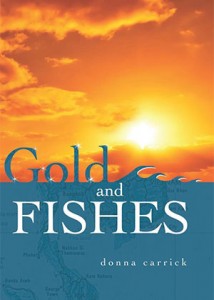 I believe there is, although it’s largely unintentional. I’m not a deeply religious person, and I sometimes think strict religious doctrines work against society in its struggle to advance.
I believe there is, although it’s largely unintentional. I’m not a deeply religious person, and I sometimes think strict religious doctrines work against society in its struggle to advance.
However, I also recognise that most of us harbour a need to discover a ‘higher purpose’. The religious expression of any culture, like its art, rises from a need to understand its environment within the context of a higher power. These expressions need to be respected and allowed to develop freely.
In terms of my own characters, the spiritual questions come into play as they grapple with necessary decisions and challenges that seem to be beyond their control.
Will Ayla Harris appear in future books?
Yes, down the road she will come back. I’d like to explore how she would deal with other challenges and settings. I also wonder how her relationship with Mahdi will develop.
How do you manage your multiple roles as wife, mother, working woman and author? How do you find time to write?
For me, it’s all about priorities. I love spending time with my family. It isn’t an option for me to lock myself away in an attic for months during the creative process.
I’ve developed a system of ‘categorizing’ that seems to work. When I’m at the office, I focus on my full-time job. When I’m with my family, I give them my attention.
When I do sit down for those precious hours with my computer or pen, I focus on productivity. I try to streamline my characters and plot turns in advance, when I’m driving or shopping or sitting on the beach, so that when I sit down to write the pages are ready to flow. Most writers will agree: you don’t ‘find’ time to write, you ‘make’ time.
There are several key ‘surprises’ revealed near the end of The Noon God. Did you plan these in advance, or did they develop organically as logical elements of the story?
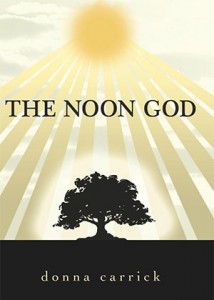 From the moment I came up with The Noon God I knew both the title, which has a meaning I won’t give away here, and the ending. I saw this story in my mind as a finished product, the way some artists see their finished canvas before they have begun to paint. This was an unusual factor for me in writing the book, and I never deviated from my initial vision.
From the moment I came up with The Noon God I knew both the title, which has a meaning I won’t give away here, and the ending. I saw this story in my mind as a finished product, the way some artists see their finished canvas before they have begun to paint. This was an unusual factor for me in writing the book, and I never deviated from my initial vision.
Some people have asked me why it is shorter than most of my works. The only answer I can offer is that my character, Desdemona Fortune, had already said and done everything she needed to say and do. There was nothing left to uncover, and anything else would have been gratuitous.
The surprises were very natural. I always knew they were there, but I chose to withhold the information until the reader needed to know.
Why do you use protagonists that are based in Canada, rather than seeking a larger market by basing them elsewhere, or by obscuring their nationality?
 That’s an easy one for me to answer. As an Air Force Brat, I strongly identify with all regions of Canada. This is a basic aspect of myself that I cannot hide, nor would I choose to. As Canadians, we are no less interesting, cultured, thoughtful or artistic than any other people.
That’s an easy one for me to answer. As an Air Force Brat, I strongly identify with all regions of Canada. This is a basic aspect of myself that I cannot hide, nor would I choose to. As Canadians, we are no less interesting, cultured, thoughtful or artistic than any other people.
I make no apologies for being Canadian. I hope my characters bring a uniquely Northern understanding to the page. Furthermore, I believe our heritage has an important contribution to make to the Global society.

